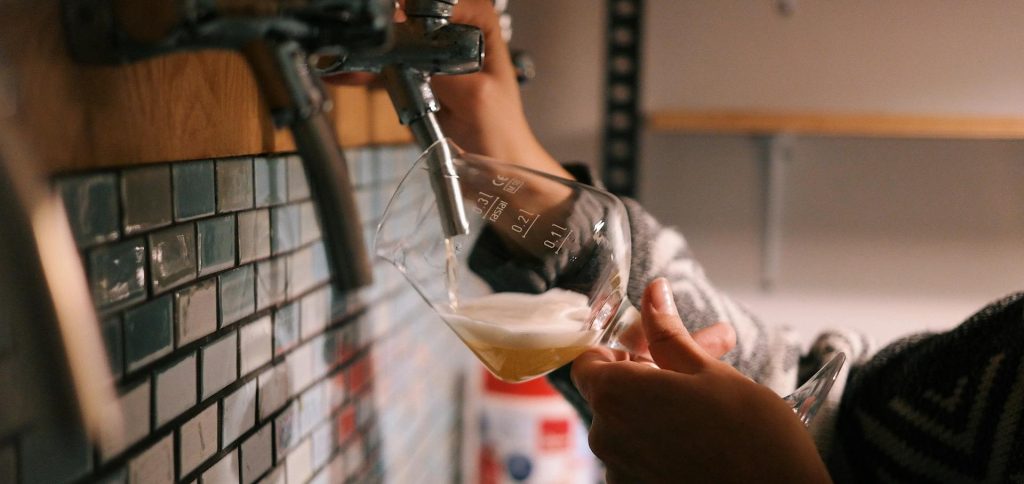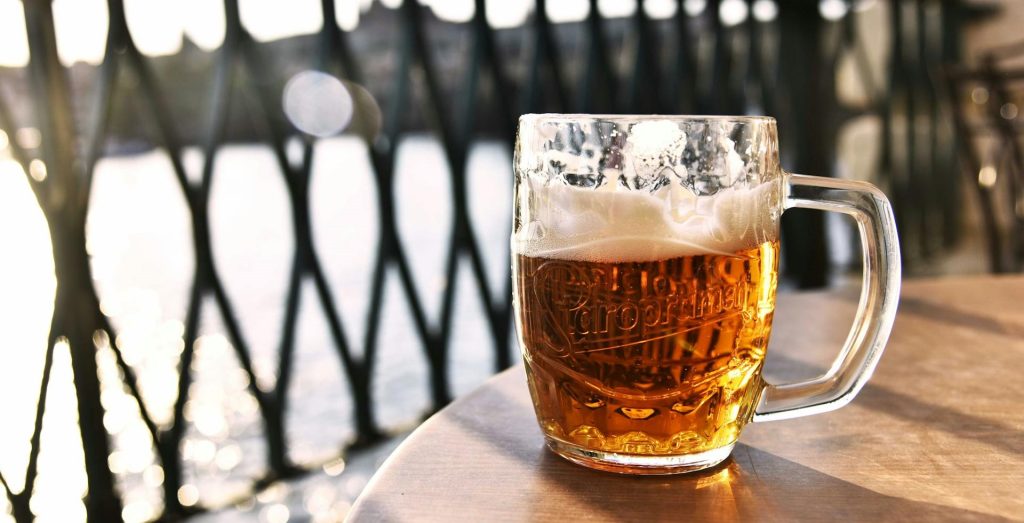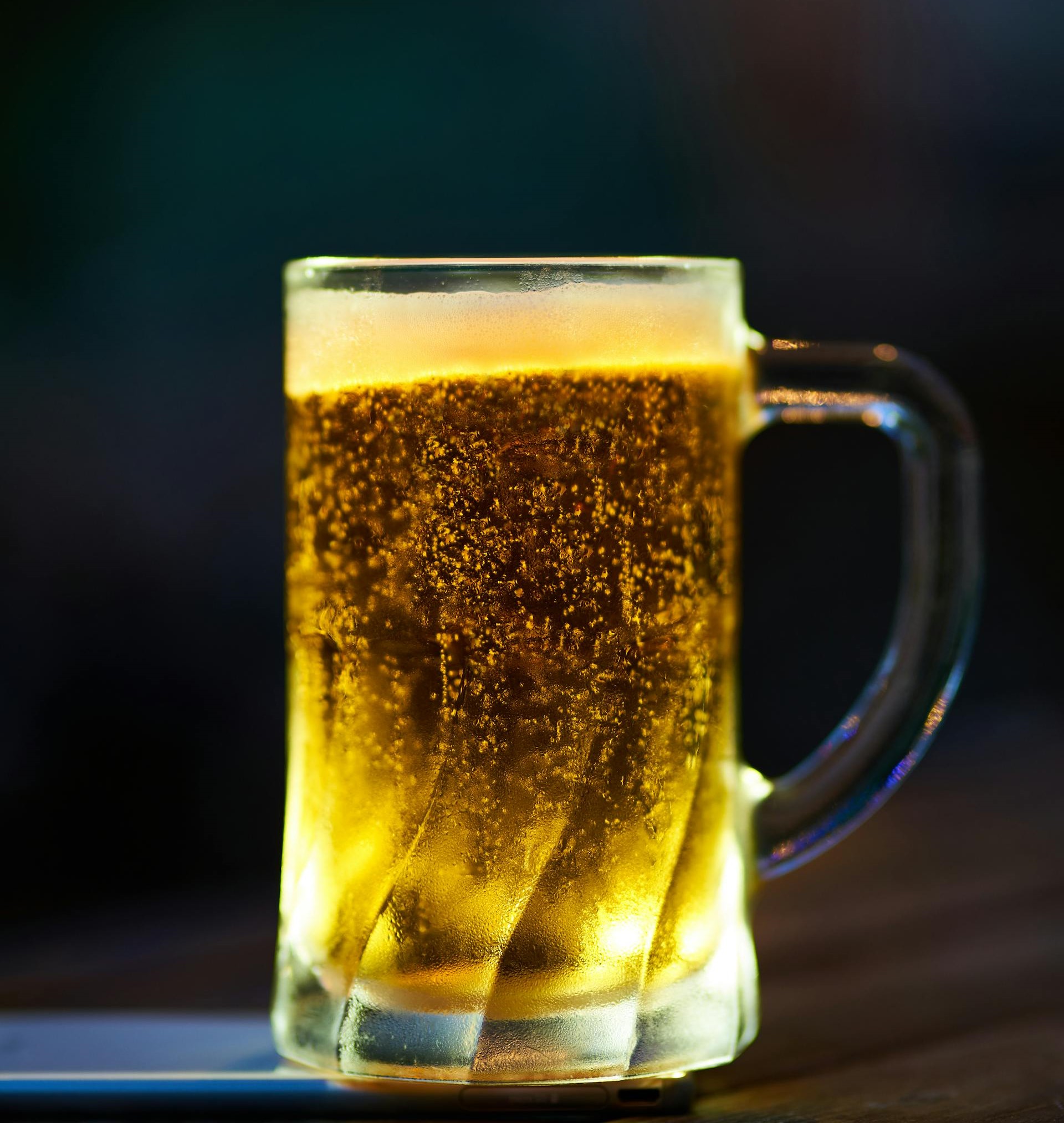The Brew that Rules!
In the vast spectrum of alcoholic beverages, from the sophisticated wines to the potent spirits, one libation stands tall as the undisputed champion of consumption: beer. Across continents, cultures, and centuries, beer has held a revered place in human socialization and celebration. But what is it about this bubbly brew that has earned it the title of the world’s most consumed alcoholic drink?

1. Historical Roots:
Beer is not just a drink; it’s a part of human history. Its origins date back thousands of years, with evidence of beer production found in ancient civilizations such as Mesopotamia and Egypt. Brewing techniques evolved over time, with different cultures adding their own unique ingredients and flavors, creating a rich tapestry of brewing traditions.
2. Cultural Significance:
Beer is deeply ingrained in the cultural fabric of many societies. From Oktoberfest in Germany to St. Patrick’s Day in Ireland, beer festivals and traditions abound around the world. It serves as a focal point for social gatherings, fostering camaraderie and connection among friends, family, and communities. In many cultures, sharing a beer is a symbol of hospitality and friendship, making it an integral part of social interactions.
3. Accessibility:
Unlike some other alcoholic beverages that require specialized production processes or aging, beer is relatively simple and quick to produce. This accessibility means that beer can be brewed on a large scale by commercial breweries or crafted at home by enthusiasts. Additionally, its lower alcohol content compared to spirits makes it more approachable for casual consumption, appealing to a wider audience.

4. Variety:
Beer offers an unparalleled variety of flavors, styles, and strengths, catering to diverse tastes and preferences. From light and refreshing lagers to robust and complex stouts, there’s a beer for every palate. Breweries around the world continue to innovate, experimenting with ingredients and techniques to create new and exciting brews, keeping beer enthusiasts constantly intrigued and engaged.
5. Versatility:
Beer is a versatile beverage that can be enjoyed in a variety of settings and occasions. Whether it’s sipping a craft brew at a trendy bar, cracking open a cold one at a backyard barbecue, or pairing a pint with a gourmet meal, beer complements a wide range of experiences. Its moderate alcohol content also makes it suitable for casual consumption without the risk of overindulgence.
6. Economic Impact:
The beer industry plays a significant role in economies worldwide, generating billions of dollars in revenue and providing employment opportunities across the supply chain, from farmers growing hops and barley to brewers crafting the final product. In many regions, breweries are key contributors to tourism, attracting visitors eager to sample local brews and experience the brewing process firsthand.

7. Global Appeal:
Perhaps most importantly, beer transcends borders and languages, appealing to people from all walks of life and corners of the globe. Whether it’s a pilsner in Prague, a pale ale in Portland, or a lager in Lagos, beer serves as a common denominator that unites people across cultures and fosters a sense of shared experience.
In conclusion, beer’s status as the most consumed alcoholic beverage in the world is a testament to its rich history, cultural significance, accessibility, variety, versatility, economic impact, and global appeal. As long as there are gatherings to celebrate, friendships to forge, and moments to savor, beer will continue to hold its place as the brew that rules the world. Cheers to that!



